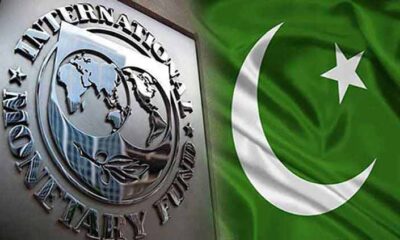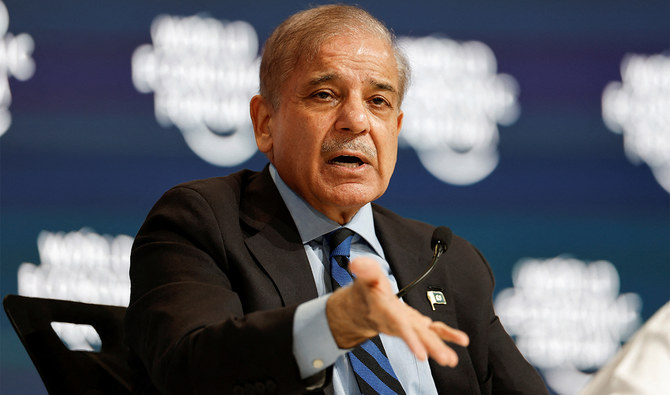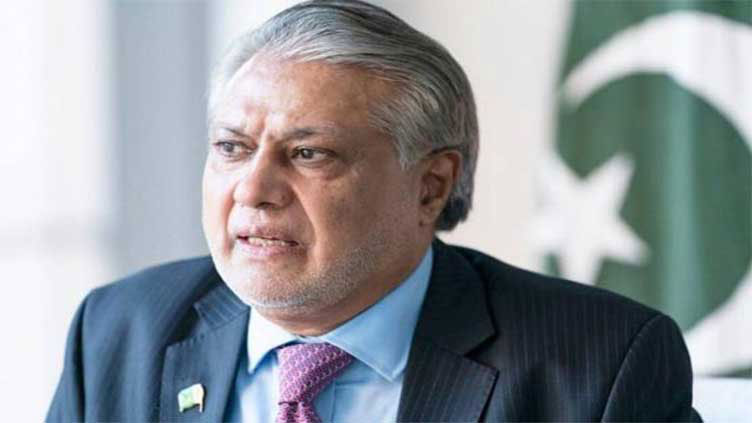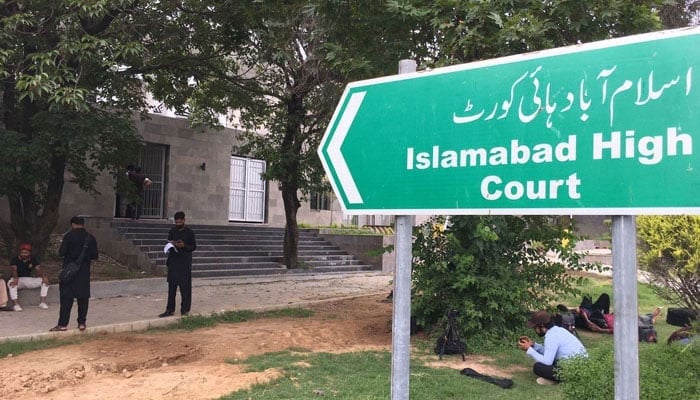Pakistan
IBCC improves conversion formula of IB programmes
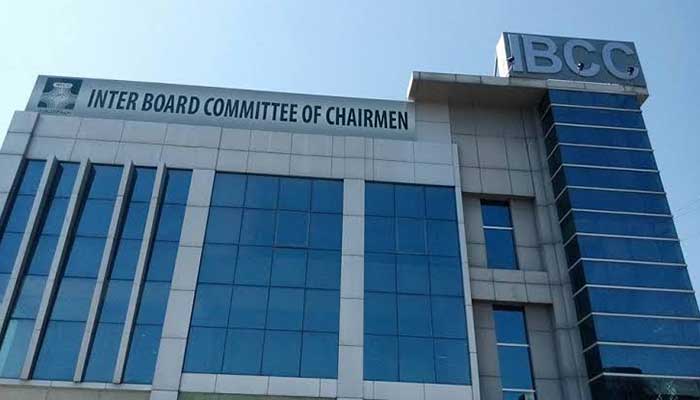
Latest News
PM Shehbaz will meet with Saudi ministers and speak at the WEF special session today.
Latest News
The nomination of Ishaq Dar as deputy prime minister raises concerns.
Latest News
Audio leaks case: FIA, PTA, and PEMRA pleas seeking Justice Sattar’s recusal dismissed
-

 Latest News7 hours ago
Latest News7 hours agoIn KP rain-related incidents, ten people died.
-

 Latest News8 hours ago
Latest News8 hours agoPunjab takes action against factories that generate smoke.
-

 Latest News6 hours ago
Latest News6 hours agoPM Shehbaz will meet with Saudi ministers and speak at the WEF special session today.
-

 Latest News6 hours ago
Latest News6 hours agoThe green colour of WhatsApp ‘angers’ some users.
-

 Business7 hours ago
Business7 hours agoOver 500 points are lost by PSX stocks during intraday trading.
-
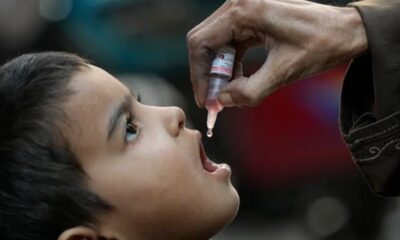
 Latest News7 hours ago
Latest News7 hours agoIn Pakistan’s 91 districts, an anti-polio campaign is launched.
-

 Latest News6 hours ago
Latest News6 hours agoThe nomination of Ishaq Dar as deputy prime minister raises concerns.
-
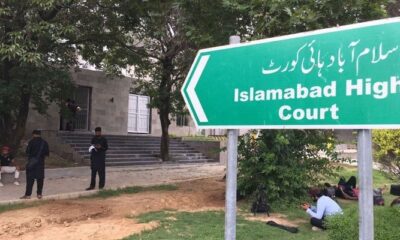
 Latest News6 hours ago
Latest News6 hours agoAudio leaks case: FIA, PTA, and PEMRA pleas seeking Justice Sattar’s recusal dismissed

